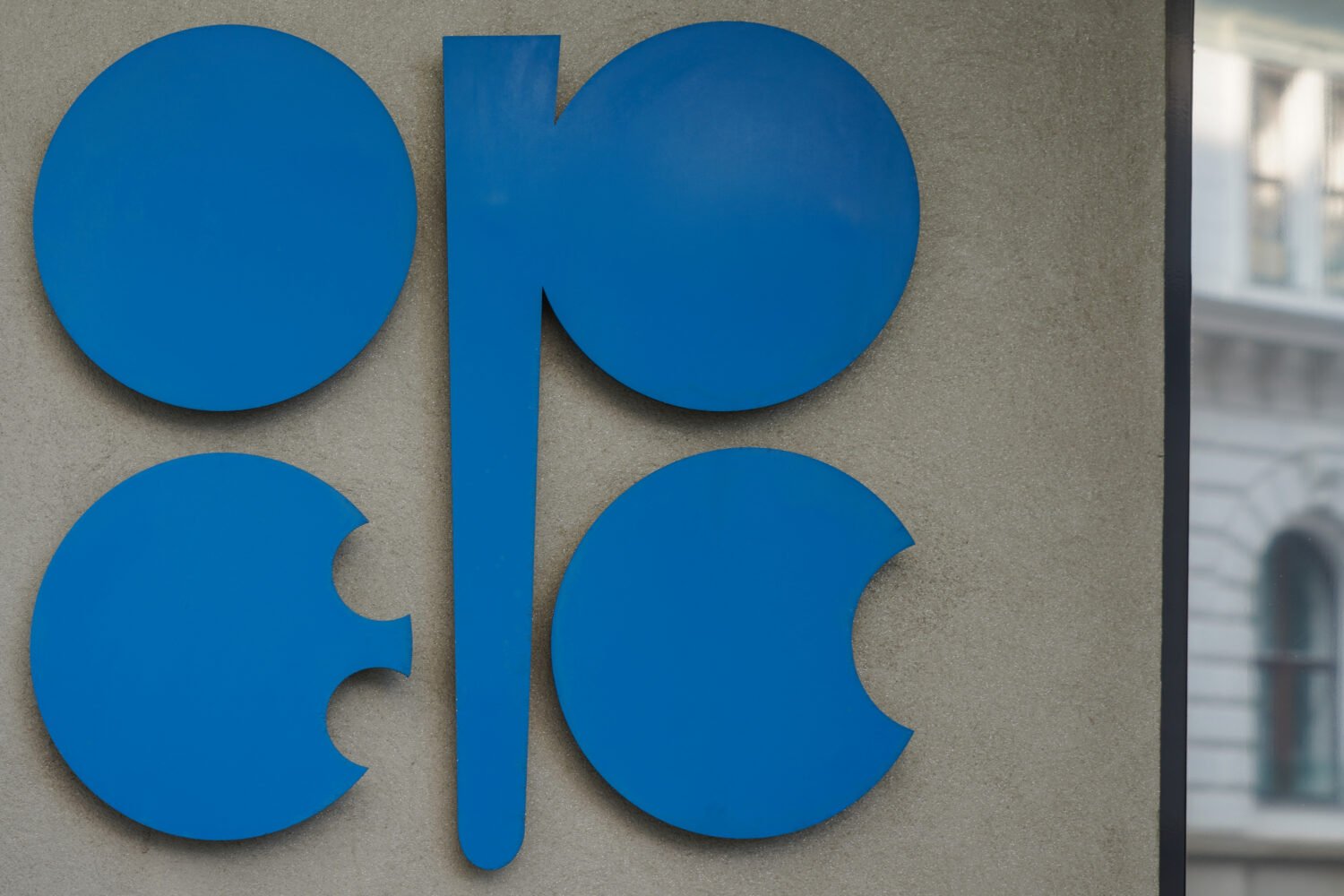The first week of July brings a dynamic mix of energy strategy, economic reform, fintech innovation, tourism growth, sustainability, and cultural engagement across the Middle East and North Africa. From oil policy decisions to regional entertainment milestones, this week’s events offer insight into MENA’s evolving diversification strategies and global positioning.

Business and Economic Conferences
Fintech Revolution Summit – Saudi Arabia (3 July 2025)
Jeddah will host the Fintech Revolution Summit on Thursday, 3 July, convening banks, start‑ups, regulators and investors. Sessions will cover open‑banking frameworks, blockchain applications, digital‑lending platforms and cross‑border payment innovations. With Saudi Arabia positioning itself as a fintech hub under Vision 2030, announcements on licensing reforms and venture‑capital inflows will be closely watched.
World Conference on Climate Change & Sustainability – UAE (5–6 July 2025)
Dubai’s WCCCS‑2025 takes place from Saturday 5 July to Sunday 6 July, bringing together policymakers, academics and industry leaders. Discussions will span emission‑reduction roadmaps, green‑finance instruments, sustainable‑infrastructure planning and private‑sector carbon commitments. Although organized by Scienceplus/IRAJ, the conference reflects the UAE’s strategic push into climate resilience and may dovetail with COP‑level preparatory dialogues.
Energy and Policy Forums
OPEC + Ministerial Meeting (6 July 2025)
Oil ministers from the OPEC + coalition convene in Vienna on Sunday, 6 July to set August production quotas. After tight supply management so far in 2025, markets will scrutinize whether existing cuts are extended or eased—and the implications for Brent and WTI benchmarks. Any shift will reverberate through MENA export revenues and global oil‑price expectations.
Sports Events
PFL MENA 2 Mixed Martial Arts Event – Riyadh (4 July 2025)
Saudi Arabia is set to host PFL MENA 2, a major regional edition of the Professional Fighters League, on Friday, 4 July 2025, at The Green Halls in Riyadh. This top‑tier MMA (Mixed Martial Arts) showdown features the quarterfinals of the PFL MENA tournament across the welterweight and bantamweight brackets, headlined by a blockbuster bout between Omar El Dafrawy and Daniele Miceli. The event underscores the Kingdom’s growing emphasis on sports entertainment—tying into its broader tourism and social‑reform objectives.
Looking Ahead
This week’s events—from Riyadh’s entertainment showcase and Jeddah’s fintech forum to Vienna’s oil deliberations and Dubai’s sustainability conference—underscore the region’s multi-dimensional strategy for economic transformation. The introduction of regional sports events like PFL MENA 2 further demonstrates the interplay between cultural engagement and national diversification goals.
Stakeholders should follow communiqués, regulatory updates, and tournament outcomes to assess shifts in investment flows, strategic partnerships, and policy direction as MENA accelerates its hybrid growth model in mid-2025.


